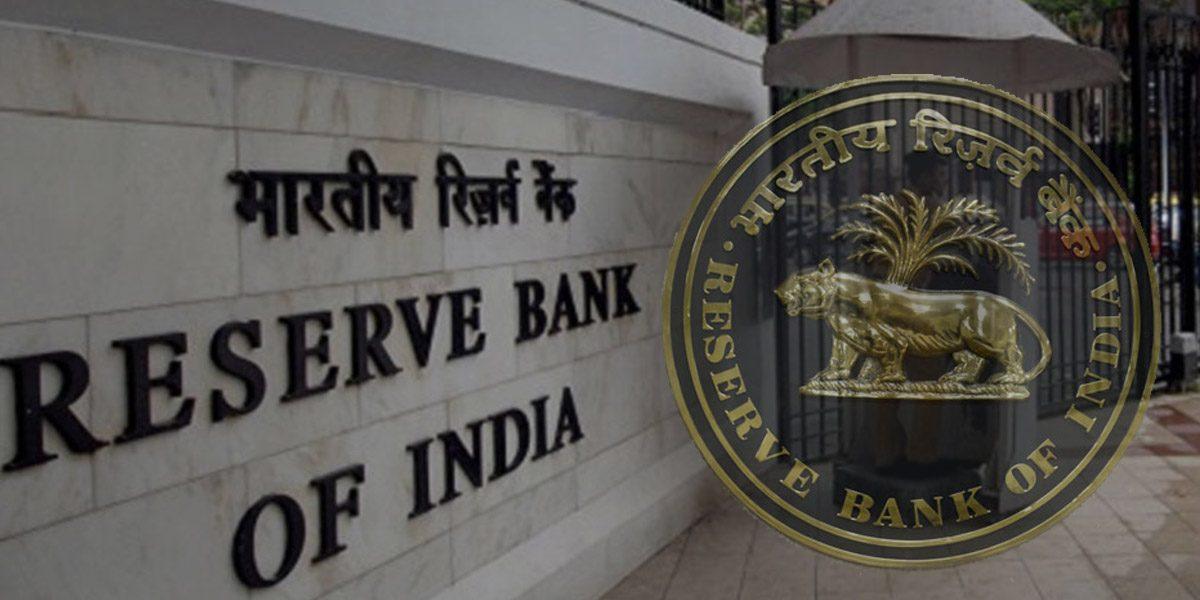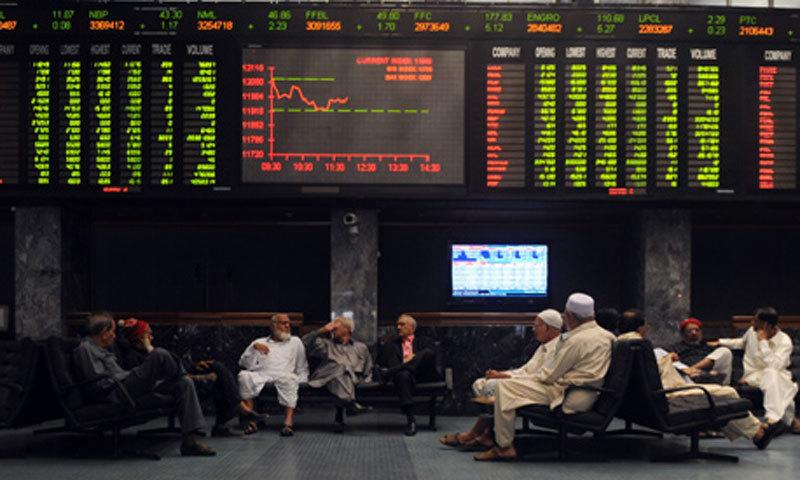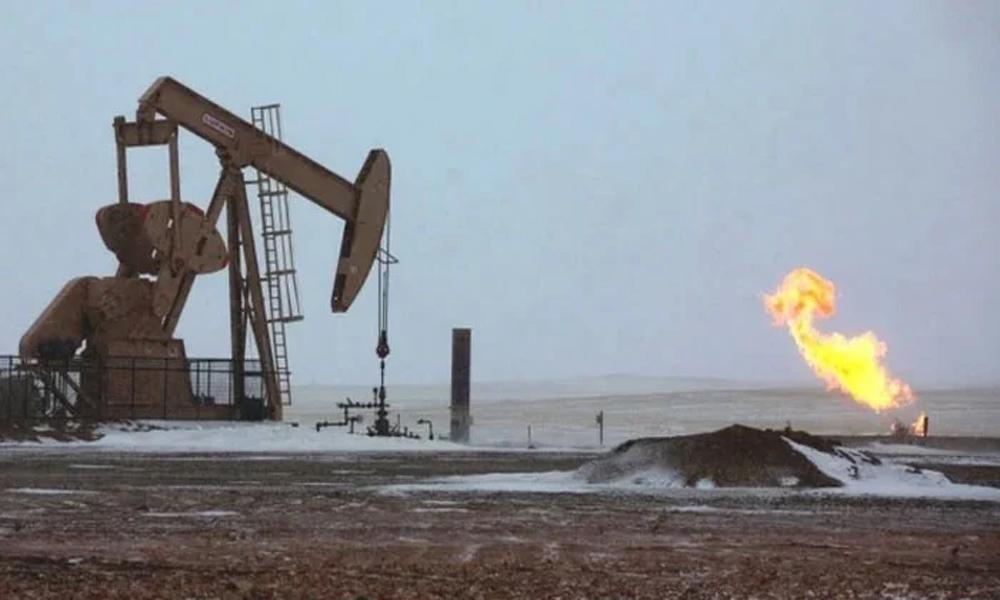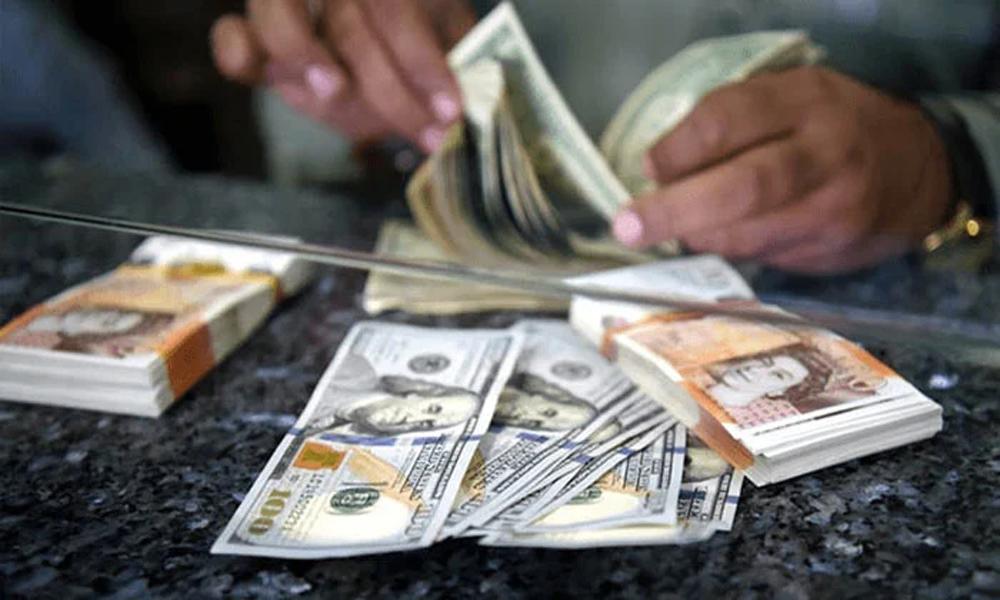Brent crude futures were down 61 cents, or 0.74%, to $82.07 a barrel

Oil prices fell in a volatile market on Tuesday as the U.S. dollar stayed strong and economic uncertainty offset the bullish impact of a price cap placed on Russian oil and the prospects of a demand boost in China.
Brent crude futures were down 61 cents, or 0.74%, to $82.07 a barrel at 1447 GMT. West Texas Intermediate crude (WTI) fell 51 cents, or 0.66%, to $76.42.
Earlier in the session, both contracts fell by more than $1, while Brent rose by more than $1 in Asian trading.
Crude futures on Monday recorded their biggest daily drop in two weeks after U.S. services industry data indicated a strong U.S. economy and drove expectations of higher interest rates than recently forecast.
The U.S. dollar index edged lower on Tuesday but was still buoyed by bets of higher interest rates, following the biggest rally in two weeks on Monday.
A stronger greenback makes dollar-denominated oil more expensive for buyers holding other currencies, reducing demand for the commodity.
"Inflationary headwinds could still cause global economic turbulence in coming months," said Tamas Varga of oil broker PVM, but added that "China's gradual COVID opening is a tentatively positive development".
In China, more cities are easing COVID-19-related curbs, prompting expectations of increased demand in the world's top oil importer.
The country is set to announce a further relaxation of some of the world's toughest COVID curbs as early as Wednesday, sources said.
The market was weighing the production impact of a price cap of $60 per barrel on Russian crude imposed by the Group of Seven (G7), the European Union and Australia, contributing to market volatility.
The price cap adds to the disruption caused by the EU's embargo on imports of Russian crude by sea and similar pledges by the United States, Canada, Japan and Britain.
The embargo is likely to tighten market supply as the EU has to source crude from elsewhere, Commerzbank analyst Carsten Fritsch said in a note.
Russia has declared its intention not to sell oil to anyone who signs up to the price cap.
The threat of losing insurance will limit Russia's access to the tanker market and could reduce crude exports by 500,000 barrels per day from February levels, said analysts from Rystad Energy in a note.
Russia's January-November oil and gas condensate production rose 2.2% from a year earlier to 488 million tonnes, according to Deputy Prime Minister Alexander Novak, who expects a slight output decline following the latest sanctions.
SOURCE: REUTERS
Important press conference by DG ISPR, senior military officials today
- 9 hours ago
Tragedy in Sri Lanka: Bus crash kills 21, injures 24 pilgrims
- 9 hours ago

Two police officers martyred in Peshawar suicide blast
- 4 hours ago

Pound-for-pound rankings: Inoue retains spot, Canelo falls after lackluster performance
- 9 hours ago

Top prospects for the 2025 NHL draft: Updated rankings after U18s, draft lottery
- 9 hours ago

Washington and Beijing reopen trade dialogue
- 9 hours ago
Passenger bus catches fire near Kallar Kahar
- 10 hours ago

Karachi braces for hot, humid day as temperature hits 36°C
- 10 hours ago
Zelensky urges Russia to commit to 30-day ceasefire, ready for direct talks
- 9 hours ago
Former Australian cricketer Bob Cowper passes away at 84
- 10 hours ago

She was arrested for an op-ed. Now a judge has ordered her freed.
- 10 hours ago

Punjab schools to reopen tomorrow after ceasefire between Pakistan and India
- 10 hours ago










